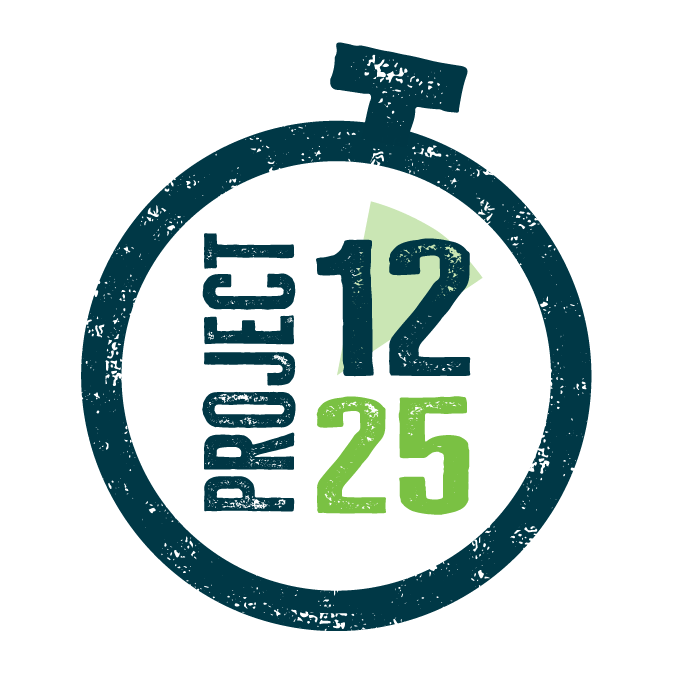The Southland Regional Development Strategy (SoRDS) Action Plan lays the foundation to attract 10,000 more people to a contemporary, competitive and connected region by 2025.
The Action Plan was launched today (30 November 30 2016) at Bill Richardson Transport World in Invercargill with a range of projects to give the region a broader and more resilient base by targeting population growth, economic diversity, and strengthening employment, skills and incomes.
Southland Mayoral Forum Chairman and Gore District Mayor Tracy Hicks said Southland faced a demographic time bomb because of an ageing population but was confident the region was up for the challenge.
“Southland has demonstrated in the past that when it pulls together on major projects it is unstoppable. The collective power of the community is very significant,” he said.
The Southland-driven programme was initiated by the Southland Mayoral Forum two years ago. Nine action teams involving more than 100 volunteers from business, iwi, local government and community backgrounds have contributed. These teams have developed nine projects involving 40 actions.
“Implementation is not going to be without its challenges. For some change is going to bring discomfort as we adjust to new ways of doing things.
“Throughout, we need to keep looking forward, focused on our goals, and supporting each other to give the best we have got,” Mr Hicks said.
Three emerging industries – tourism, international education and aquaculture – are to be targeted for significant growth by 2025.
The goals include doubling annual tourism revenue to $1 billion with potential for a new attraction, Oyster World in Bluff, and continued work towards the development of the Curio Bay Tumu Toka Natural Heritage Centre.
International student numbers are targeted to increase from 1,000 to 3,500 (6,000 including dependents).
The new Southland Education Alliance will act as an overarching regional educational association with a cohesive drive to grow Southland’s international student population, develop international education opportunities and help grow the region.
 Strategies for welcoming and retaining newcomers wanting to make Southland home include development of a hub which will also focus on collaboration to drive community focused outcomes around immigration and employment issues.
Strategies for welcoming and retaining newcomers wanting to make Southland home include development of a hub which will also focus on collaboration to drive community focused outcomes around immigration and employment issues.
- Work is underway on fully evaluating and finding a regulatory pathway to a potentially significant aquaculture industry in Southland.
- A concept plan for a vibrant and modern inner-city in Invercargill has been developed, led by an urban designer. This will involve the formation of a joint venture to undertake the development of the retail precinct in the central city.
- Art galleries have been shown to be drivers for inner-city development and a feasibility study is well advanced on an art gallery concept likely to be located near Wachner Place in Esk St West.
- An innovation advisory group working with parties such as Ngai Tahu will encourage transformational change in the Southland business sector as part of a new innovation hub, Inzone.
- The Action Plan projects also include a destination attraction drive to change attitudes to the region through articulating the Southland story.
- Developing a more progressive Southland business mindset, a smoother regulation environment, and primary sector extensions, such as dairy beef and sheep-milking are also identified. A more digitally enabled region is key.
SoRDS Governance Group Chairman Tom Campbell said the programme demonstrated a level of regional cohesion not seen before involving high-level thinking and a practical, business-led approach.
“The region is gradually pulling itself together to exert the level of energy required to achieve the three main challenges SoRDS has identified – more people, more social and economic diversity and more growth.”
The Southland Mayoral Forum comprises the mayors and chief executives of Gore District Council, Invercargill City Council and Southland District Council, and the chairman and chief executive of Environment Southland. The Action Plan has been the subject of discussion with potential funders and supporters including central and local government, community funders and private contributors.
Related links:

